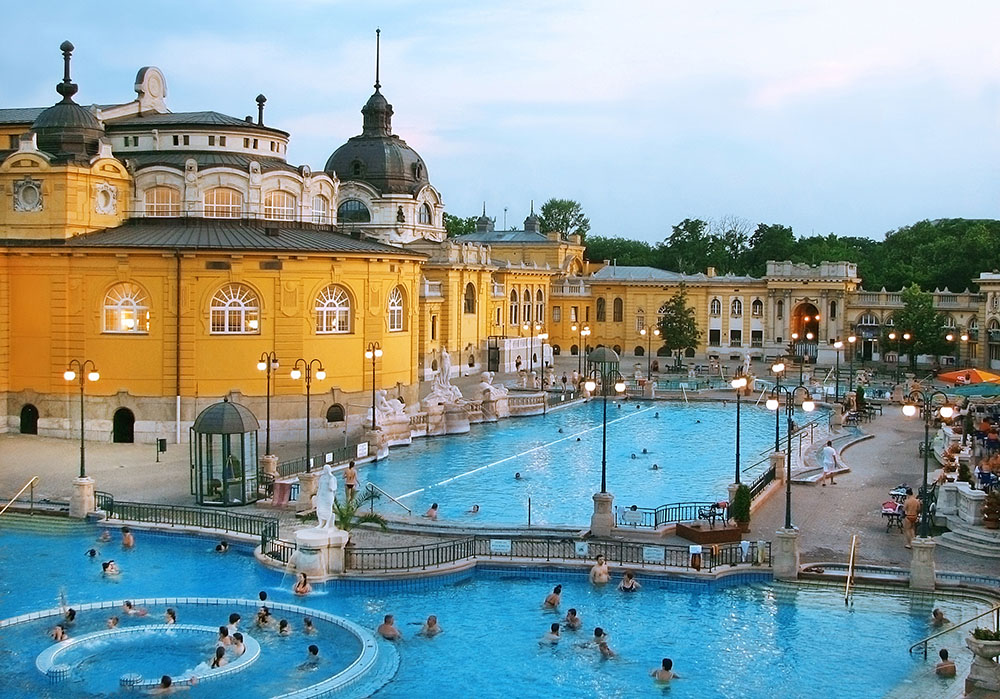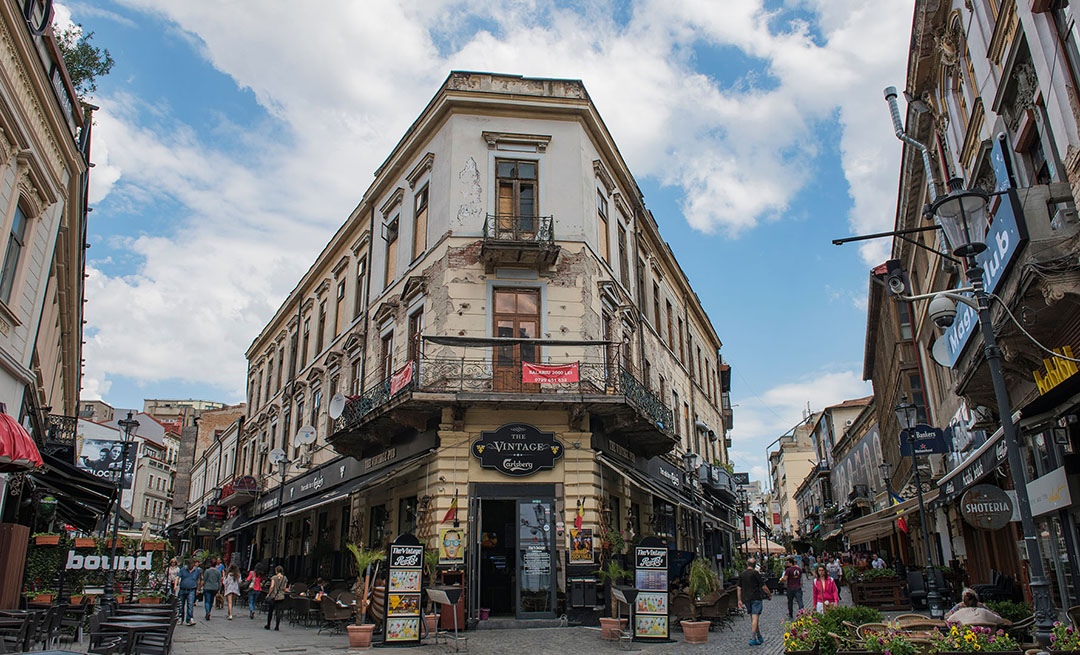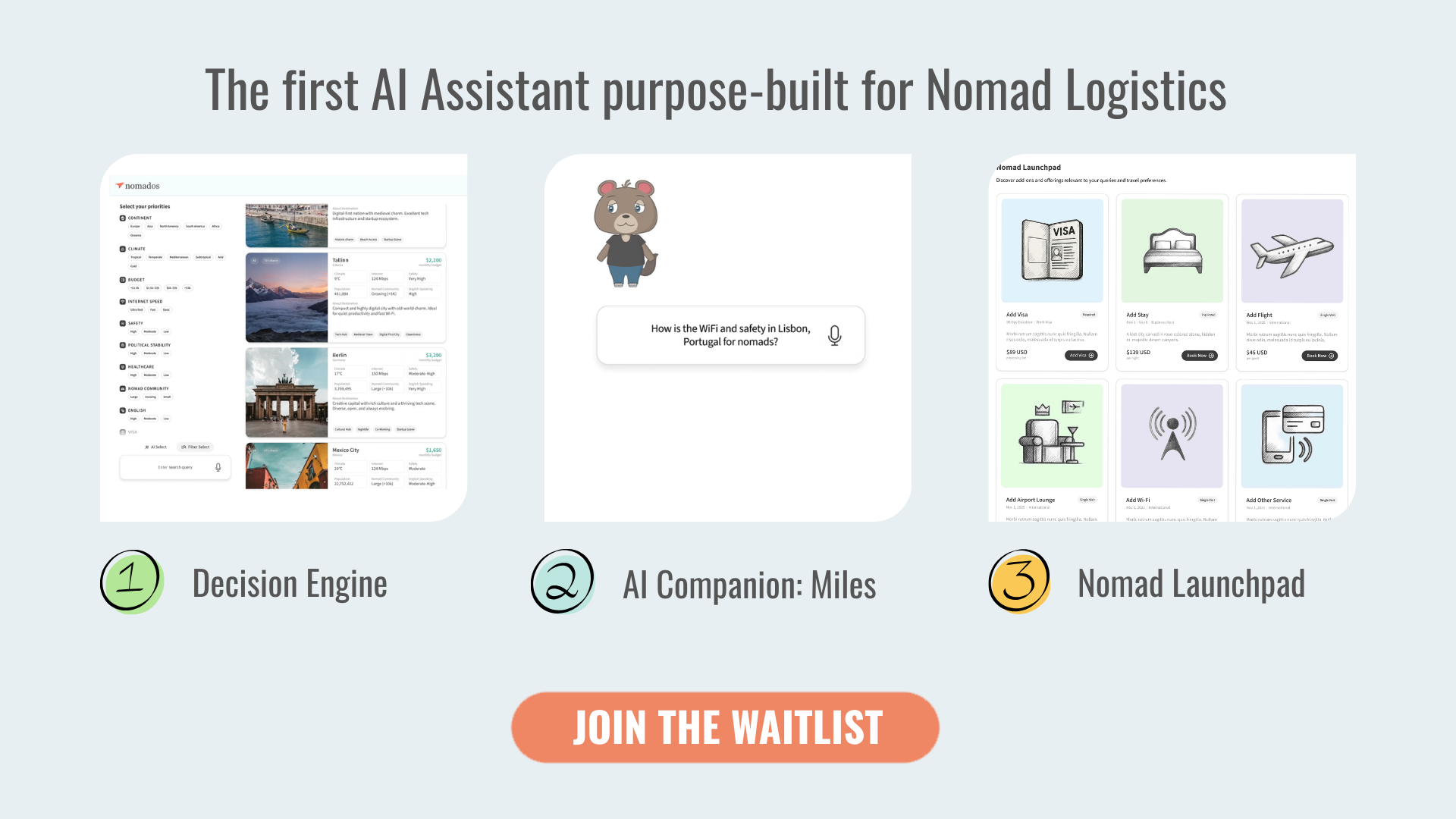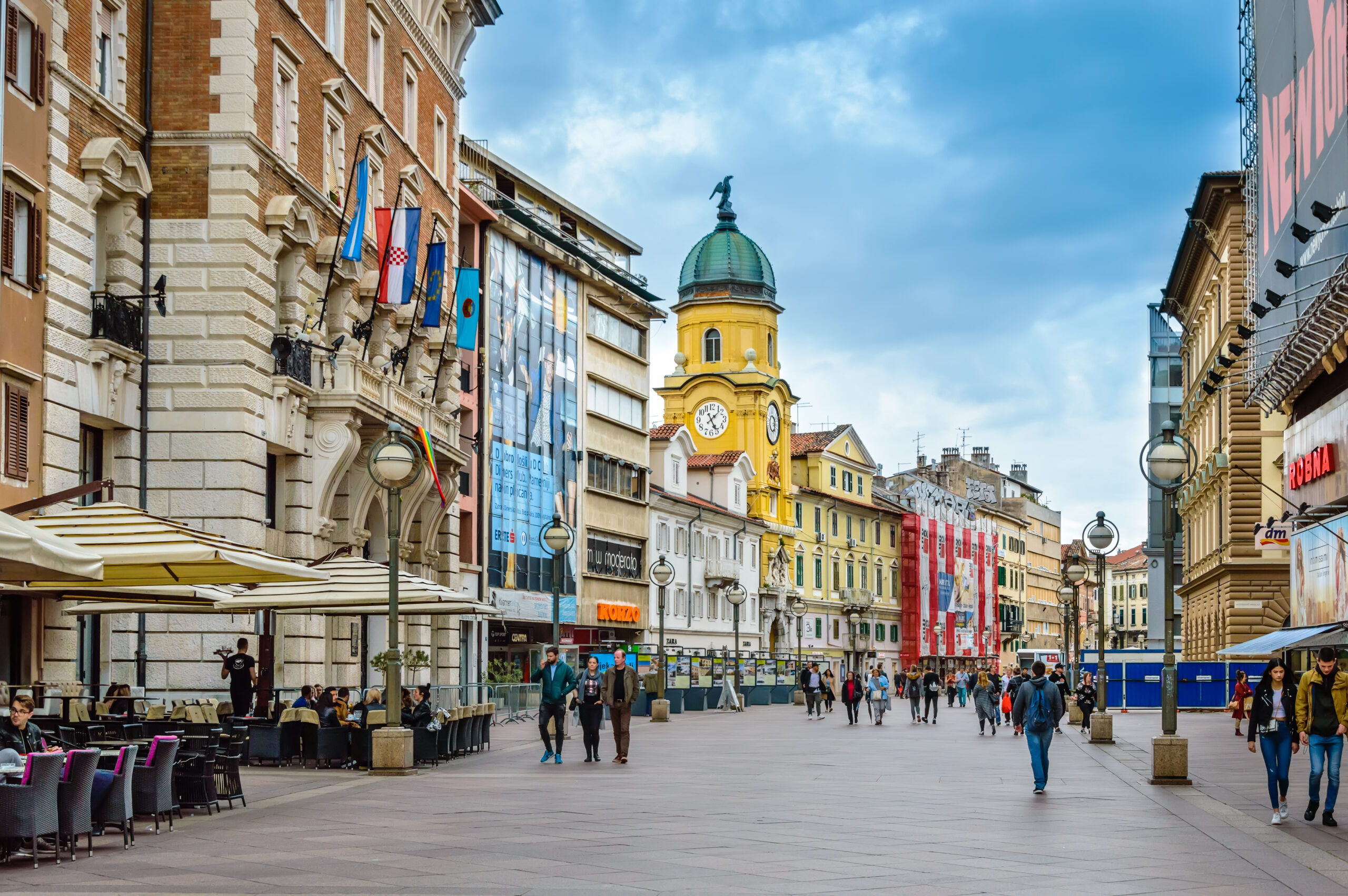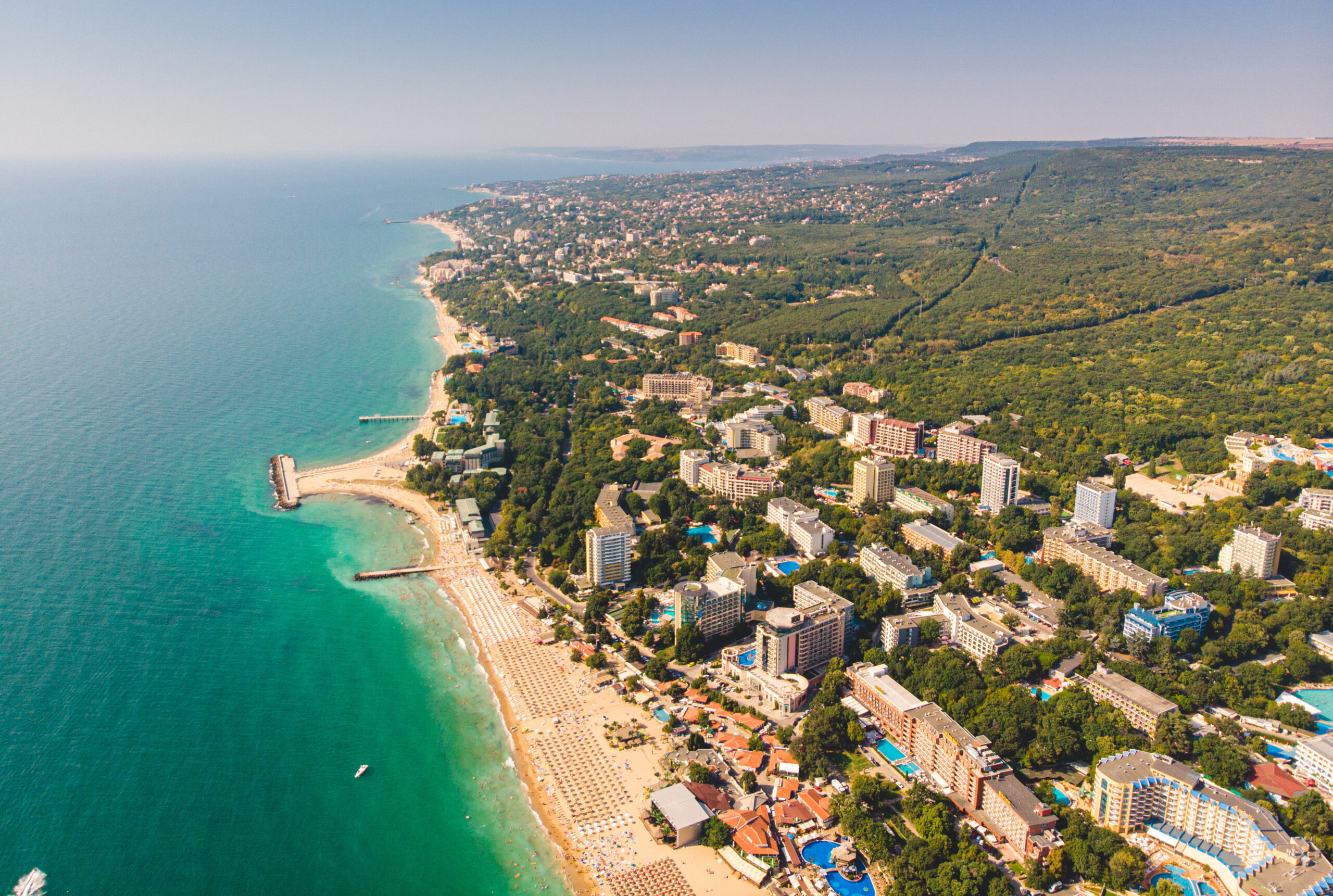This is the Europe between headlines. Central, affordable, and full of small surprises. From Budapest’s ruin bars to Bulgaria’s mountain coworking retreats, these are places for balance, not burnout.
Romania, Hungary, Croatia, and Bulgaria don’t compete for attention. They focus on livability. The Wi-Fi works, the rent makes sense, and the culture still feels personal. For digital nomads looking for roots instead of constant motion, this is where Europe slows down just enough to let you breathe.
Are there affordable, connected places in Europe for digital nomads?
Yes. While cities like Lisbon, Berlin, and Barcelona dominate the spotlight, a quieter current runs through Eastern and Central Europe. Romania, Hungary, Croatia, and Bulgaria are the kind of places where your money stretches, your work flows, and your weekends actually feel like freedom.
Romania – Fast Wi-Fi, Slow Living
Romania’s Digital Nomad Visa lets remote workers stay for a year, renewable for another. The income requirement is around €3,300 per month. Bucharest hums with cafés and coworking spaces. Cluj-Napoca blends startup energy with mountain air. Timișoara adds creative flair and color.
Romania keeps costs low and connections strong. It is one of Europe’s best-kept Wi-Fi secrets.
The first 100 are already inside. Doors are closed while we gather feedback and polish the mobile version before letting in the next group. Hop on the waitlist and join Nomados free when we re-open the door for sign-ups.
Hungary – The White Card and the Golden Middle
Hungary’s White Card Visa gives nomads up to two years in the center of Europe. Budapest sets the tone with ruin bars, thermal baths, and espresso strong enough to power your deadlines. Pécs, Szeged, and Győr offer quieter, more affordable bases with the same creative pulse.
Hungary is efficient, connected, and grounded. A good reminder that Europe does not have to come with burnout.
Croatia – Adriatic Calm, Nomad Cool
Croatia’s Digital Nomad Residence Permit allows up to a year of coastal life. Split and Dubrovnik bring the sea views. Zagreb keeps things modern and walkable. Coworking scenes are growing fast, and English is widely spoken.
It is Europe’s beach office. Mornings start with turquoise water and end under old stone walls.
Bulgaria – The Balkans’ Best-Kept Secret
Bulgaria flies under the radar but offers some of the best value in Europe. There is no official digital nomad visa yet, but long-term stays are easy and taxes stay low.
Sofia blends history with modern life. Bansko becomes a full-blown nomad village every summer. Plovdiv is a blend of cobblestones, coworking, and creative energy.
Affordable, connected, and full of small surprises, Bulgaria deserves more attention.
The Underdog Advantage
Romania. Hungary. Croatia. Bulgaria.
The world is not watching, which makes them even better.
Each offers its own version of Europe: authentic, grounded, and accessible without compromise.
FAQs About Digital Nomad Visas in Romania, Hungary, Croatia, and Bulgaria
Do Romania, Hungary, Croatia, and Bulgaria all have digital nomad visas?
Romania, Hungary, and Croatia each offer official digital nomad visa programs. Bulgaria does not yet have a formal visa, but long-term stays are simple through extended residence permits, and taxes are among the lowest in the EU.
How long can I stay in these countries?
Most visas allow stays of one year. Romania and Hungary can be renewed for a second year. Croatia’s permit is non-renewable, and Bulgaria typically grants residence permits for six to twelve months, depending on your application type.
How much income do I need to qualify?
Requirements vary:
-
Romania: about €3,300 per month
-
Hungary: about €2,000 per month
-
Croatia: about €2,300 per month
-
Bulgaria: no fixed income threshold, but proof of sufficient funds and valid health insurance are required
Can I travel through other European countries while based here?
Yes. Hungary, Croatia, and Romania are Schengen members or in the process of full integration, allowing travel across most of Europe without new visas. Bulgaria has joined Schengen for air and sea borders, with full land access expected soon.
What makes these countries good for digital nomads?
They combine low living costs, strong infrastructure, and fast internet with a sense of place that hasn’t been polished away by tourism. You can live well, work comfortably, and experience a more grounded version of Europe.
Do I have to pay taxes there?
If you stay under 183 days, you usually will not trigger tax residency. Longer stays may require local tax registration, though Bulgaria and Hungary both offer relatively low flat tax rates compared to Western Europe.
Connect with fellow location-independent professionals by joining our exclusive Nomados Digital Nomad Community for ongoing support, insider tips, and updates to enhance your borderless lifestyle.
Disclosure: Portions of this article were created with the assistance of AI tools and reviewed by the Nomados editorial team for accuracy and clarity.
